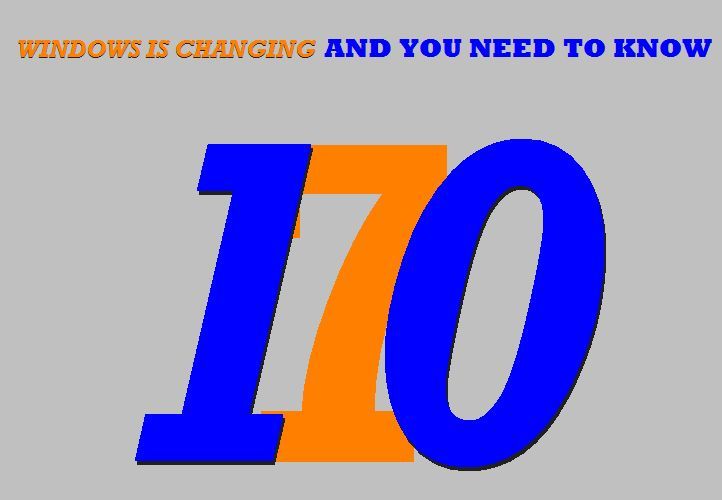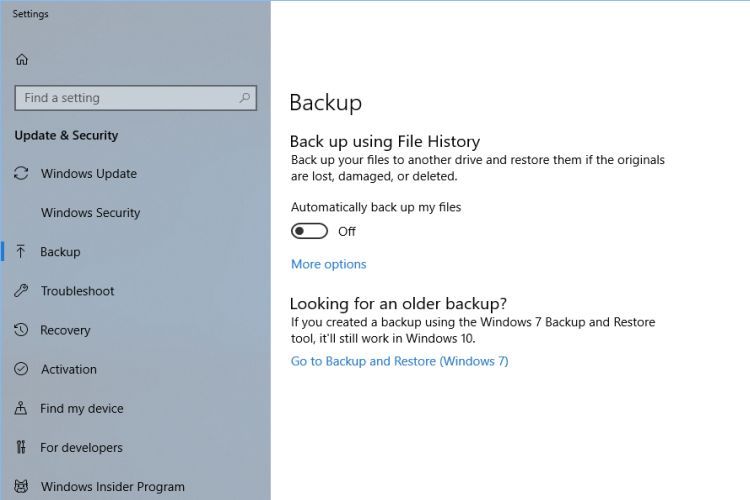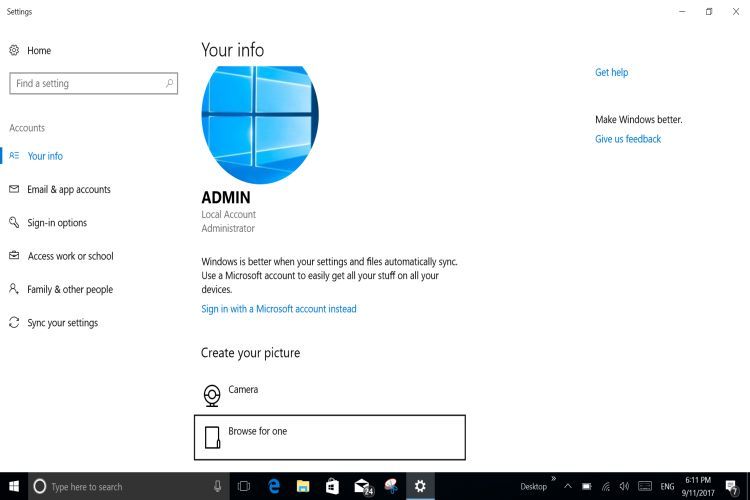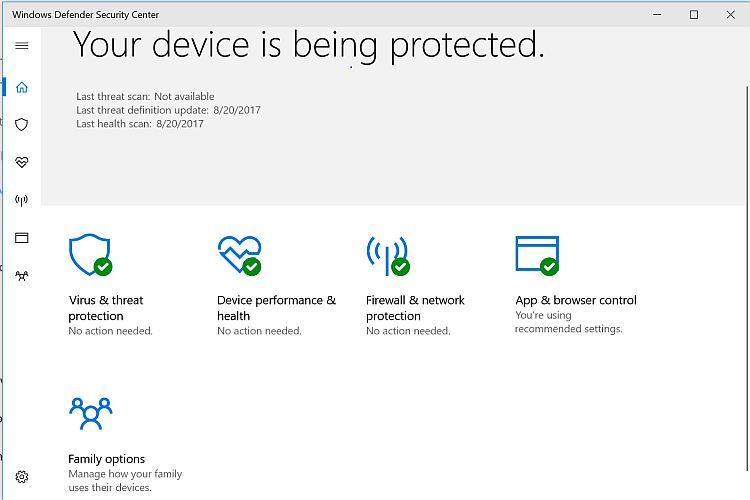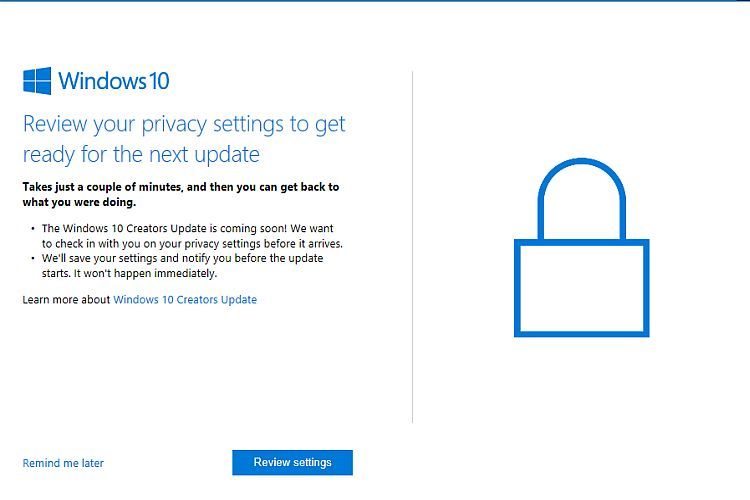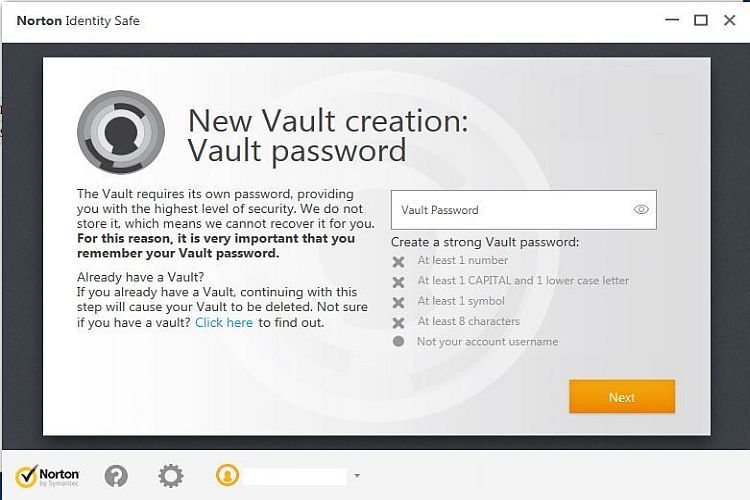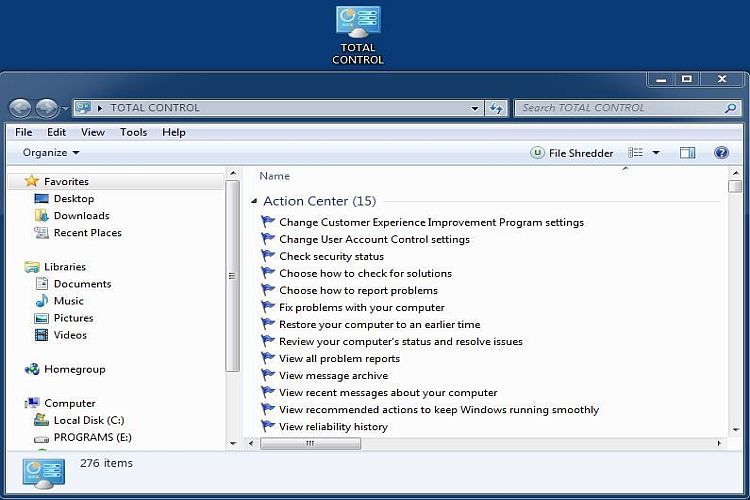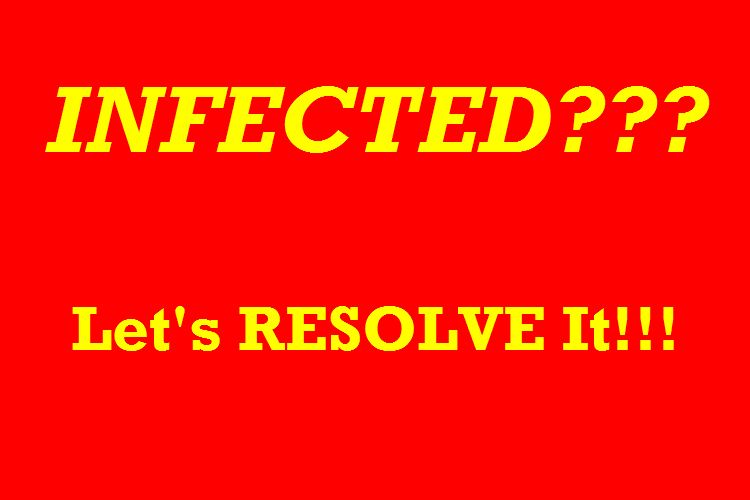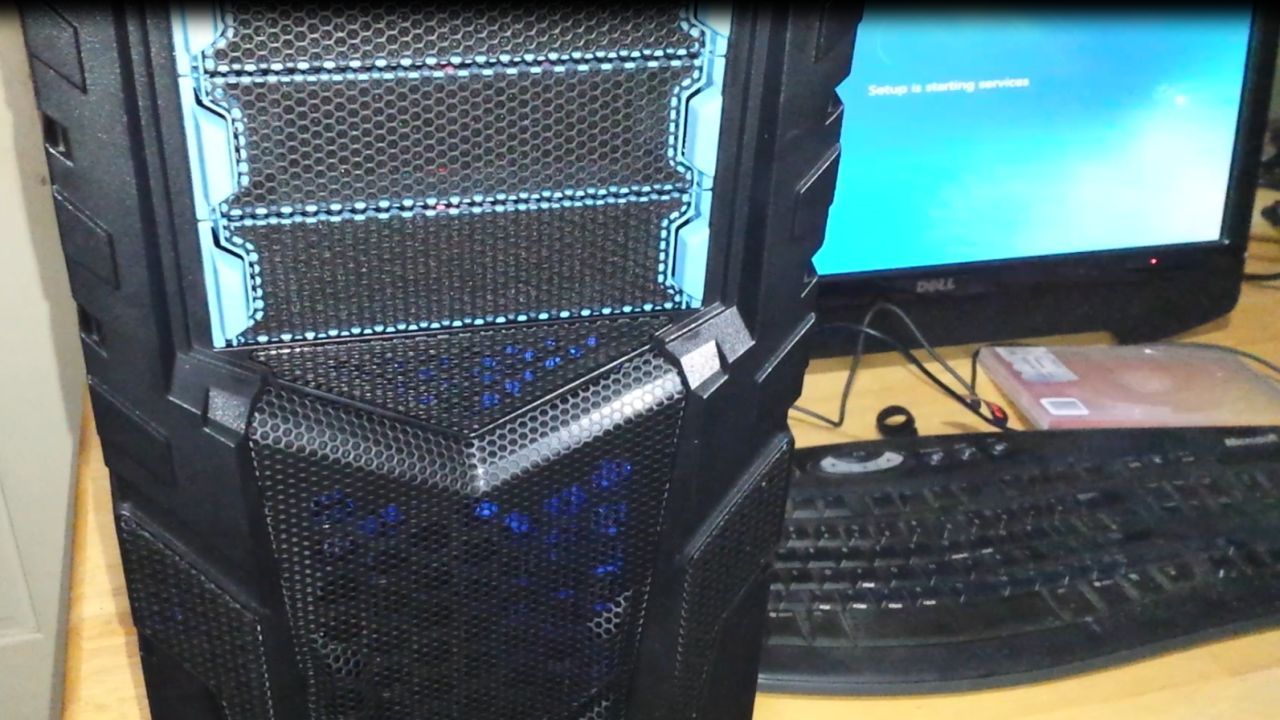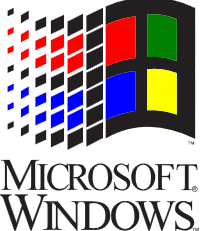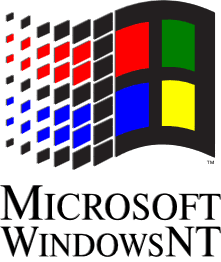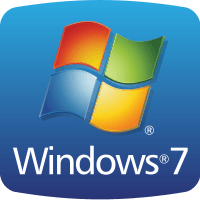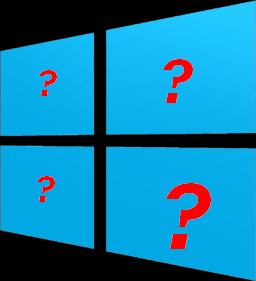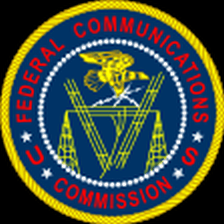Windows "Threshold" Approaching Fast
The newest Microsoft Operating System is reportedly very close to being released and is on pace to comparatively be the quickest release of any Microsoft OS predecessor. Threshold is reportedly the current Microsoft internal codename for what most are calling Windows 9, and it is reported that Microsoft will release it in some initial form around the end of this coming September (perhaps the 30th or early October). Although the actual name of the new release is not certain (remember Windows Blue?) it is arguable that using a non-numeric nomenclature would serve to more easily allow people to forget Windows 8, which has made many people scratch their heads in the least. So what will Windows Threshold/Windows 9 be?
U.S. Senator Replies On Net Neutrality
|
EDWARD J. MARKEY |
|
218 RUSSELL SENATE OFFICE BUILDING |
| |
United States Senate
August 15, 2014 |
Dear Earl:
Thank you for contacting me about net neutrality and an open Internet. It was good to hear from you.
As you know, the Internet has become the world's greatest platform for innovation, job-creation and economic growth because of its nondiscriminatory and open nature. Massachusetts is home to many innovative companies and we must ensure that as the Internet continues to evolve, it remains a level playing field guided by the principles of openness and competition.
As a member of the U.S. House of Representatives, I served as Chairman of the Energy and Commerce Committee's Telecommunications Subcommittee, where I introduced the first net neutrality bill in the House. Now in the Senate I serve on the Commerce, Science and Transportation Committee which also has jurisdiction over telecommunications and issues that impact the Internet. I have consistently fought to preserve and promote an open Internet.
Earlier this year, the District of Columbia Circuit Court struck down critical segments of the Federal Communications Commission's (FCC) Open Internet rules. As the primary author of the 1996 Telecommunications Act, I understand that the FCC has clear authority to oversee the operation of broadband networks and has the power to intervene in its effort to preserve competition and safeguard consumers.
I believe that openness is the Internet's heart and nondiscrimination is its soul, and infringements on either of these features undermine the spirit and intent of net neutrality. We need to retain the ability of all Internet users to communicate and compete. The Internet's rules of the road must not open up fast lanes to those who can pay, leaving others stuck in traffic.
I share your concern over the FCC's recent vote. The FCC'S action could begin the dismantling of the open Internet as we know it unless the Commission reclassifies broadband as a telecommunications service under Title II. Internet access today is like traditional phone service decades ago - we can't live or work without it. That is why in July, I led a group of my Senate colleagues in calling on the FCC to reclassify broadband as a utility. In order to preserve a truly open and free Internet, and must stop broadband behemoths from setting up fast and slow lanes and picking Internet winners and losers.
Earlier this year, I also spoke in support of net neutrality on the Senate floor. On February 3, 2014, I introduced The Open Internet Preservation Act, (S. 1981) with many of my colleagues in the Senate to temporarily restore the Open Internet rules. As this process moves forward, I plan to work to ensure that the FCC properly safeguards the vitality of the Internet for all users, entrepreneurs, and small businesses for generations to come. I will continue to fight to ensure that the world's greatest platform for innovation, job-creation and economic growth remains a level playing field for all.
Thank you again for contacting me about this issue. If I can be of further assistance, please do not hesitate to contact me. To sign up for my newsletter, visit http://www.markey.senate.gov/newsletter. You can also follow me on Facebook, Twitter, and YouTube.
Sincerely,

Edward J. Markey
United States Senator
I cannot say if this was written as a mass mailing, but does it show some glimmer of hope? I'd received two previous "auto-replies" but at least this directly addresses the issue at hand.
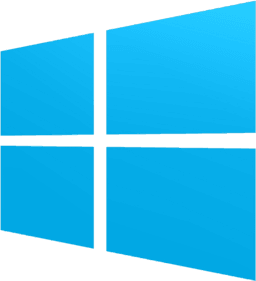
Microsoft's Next Critical Update
Microsoft will have another round of critical updates next Tuesday, August 12th,(Microsoft Patch Tuesday) and it will affect ALL current versions of Windows EXCEPT Windows XP. The Microsoft Security Bulletin Advance Notification for August 2014 clearly indicates nine updates (2 of which are CRITICAL) and the affected Windows OS versions. The earliest versions of Windows mentioned by Microsoft for these updates are Windows Server 2003 and Windows Vista. Interestingly, ALL versions of Internet Explorer starting with IE6 will be patched with one of the two CRITICAL updates because it is used on many Windows Server 2003 installations; however, it is ALSO used on Windows XP if not fully updated previously, which far too many people still rely upon. In any case, Windows XP is evidently left out of this CRITICAL update.
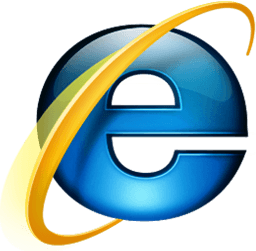
IE Vulnerability Will Affect XP Users Most
This is because Windows XP will not see updates for IE and the vulnerability is already in place. As reported earlier, zero day has happened for Windows XP and this is a very quick and nasty example of it. Any remaining XP users should move away from Internet Explorer immediately and use an alternative Internet browser.Both Chrome and Firefox will still update in the Windows XP environment.
Net Neutrality, The FCC, And You
The FCC has a very high level of control over all communications in the U.S. and we are all benefiting from the fact that they have NOT reduced the Internet to a form of communication regulated beyond reason. It nearly did happen. Thanks to the efforts of several entities such as The Internet Defense League (of which Resolve is a member), Fight for the Future, and many other organized groups whose missions include preventing such actions - the 'Net is safe (at least for the time being). Along with said organizations there were also innumerable motivated individuals who felt the need to fight the potential destruction of Net Neutrality. This all demonstrates two things specifically: There are those who would benefit from charging more money to allow more bandwidth, and those who know that this would disallow far too many from just being a viable part of the 'Net.

